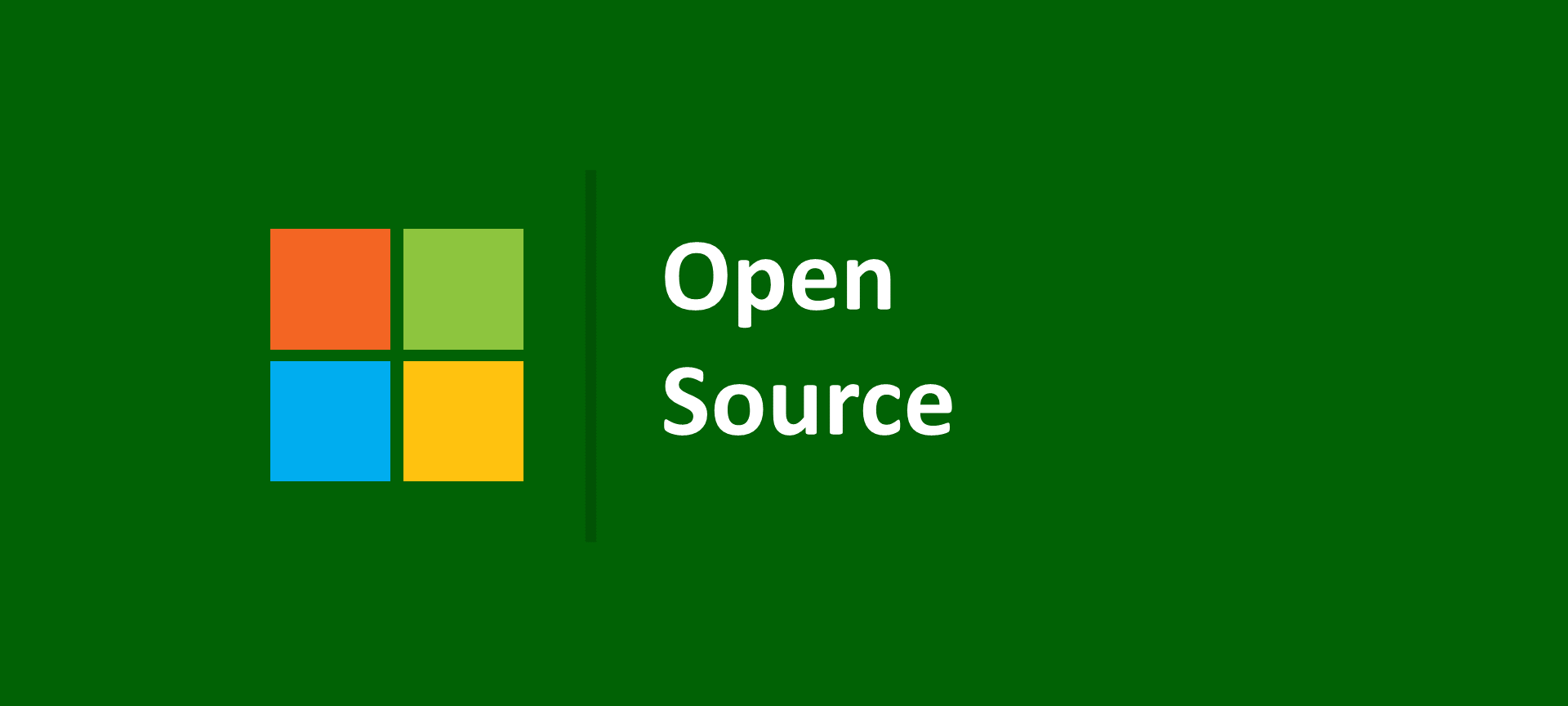
Microsoft and Open Source
Disclaimer: Currently I am employed by Microsoft, but my views and thoughts are still my own. The reason I joined Microsoft was, the work Microsoft have been doing for last couple of years in Open Source Space. Today I am a advocate for Open Source representing Microsoft.
Two decades ago, Microsoft and Open Source had a very choppy relationship, to say the least. Since then Microsoft has come a long way and today Microsoft is the largest single contributor to the Linux kernel.
The first time I came across Open Source efforts from Microsoft was as early as 2005 with a portal called Port 25. Port 25 was a blog for conversions about "UNIX, Linux, Windows, or other open source packages". Port 25 also helped Zend to improve performance of PHP on Windows.
The second time I saw Microsoft's drive towards Open Source was with CodePlex (now defunct, replaced by Azure DevOps and GitHub). CodePlex was similar to GitHub, where developers could save the source code in TFS (could be accessed also via SVN and GIT), and also had access to a wiki, issue tracking and discussions for the project. For a while CodePlex held the status of "SourceForge for Microsoft Stack".
In 2014, Microsoft decided to make .NET Open Source. I remember the turmoil the announcement created within the tech community at the time. And because people still did not trust Microsoft, the open source still had a famous quote from Steve Balmer about Linux, fresh to counter the announcement.
In 2018 Microsoft bought GitHub, a platform for "social coding". Again the initial reaction from the open source community was; it is just another one of many purchases by Microsoft in their "embrace, extend, and extinguish" strategy. Then one year after the purchase I saw it had changed to "embrace, extend then innovate". As seen with Linkedin and Majong in the past, Microsoft decided not to dissolve the brands or products, instead enabling innovation for those entities.
In February 2019, the tech community was swept into a wild fire; Microsoft is going Inner Source. Today engineers at Microsoft are expected to share their knowledge with each other in a totally different way. Unless something is related to core Microsoft products (i.e. Windows, Office, Azure, etc), all the new code and documentation should be open to anyone in the company.
Within the last couple of years Microsoft has taken steps towards being a true open source company. After joining the Open Invention Network (OIN), Microsoft opened 60,000 patents to help further the development of Linux. As late as May 2019, Microsoft open sourced some of the algorithms behind Bing.
